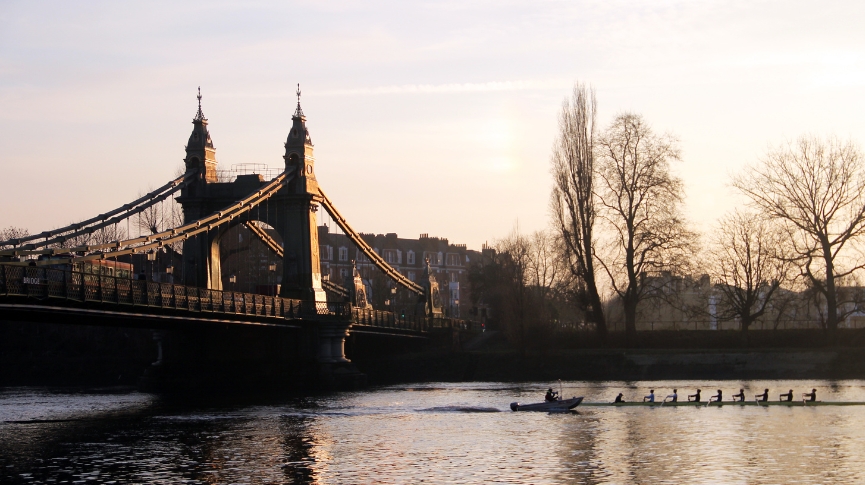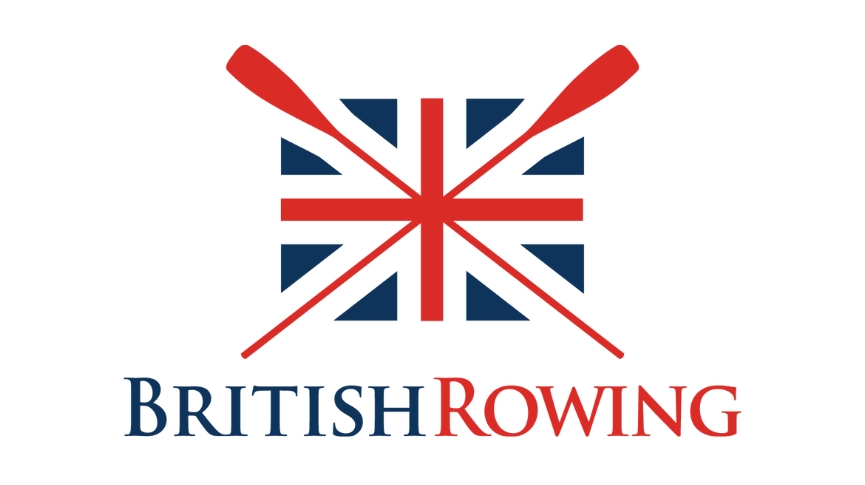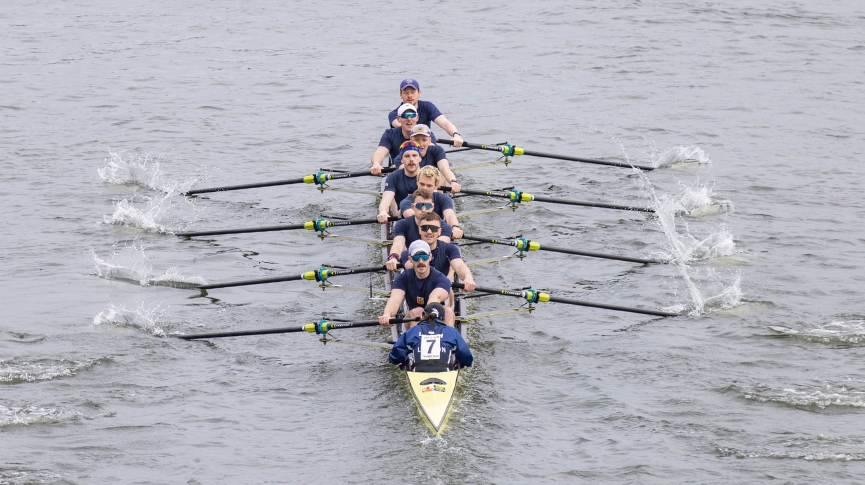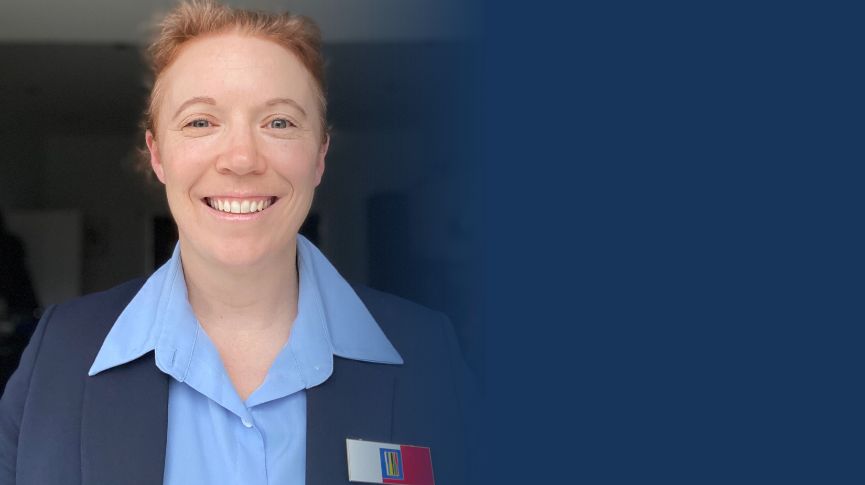Meet the student racing 2000m twice in one day at the British Rowing Indoor Championships to raise awareness for Epilepsy Action
Fergus Mainland spoke with Aidan Leverage all about his journey through rowing with epilepsy and how preparations are going for this year’s British Rowing Indoor Championships
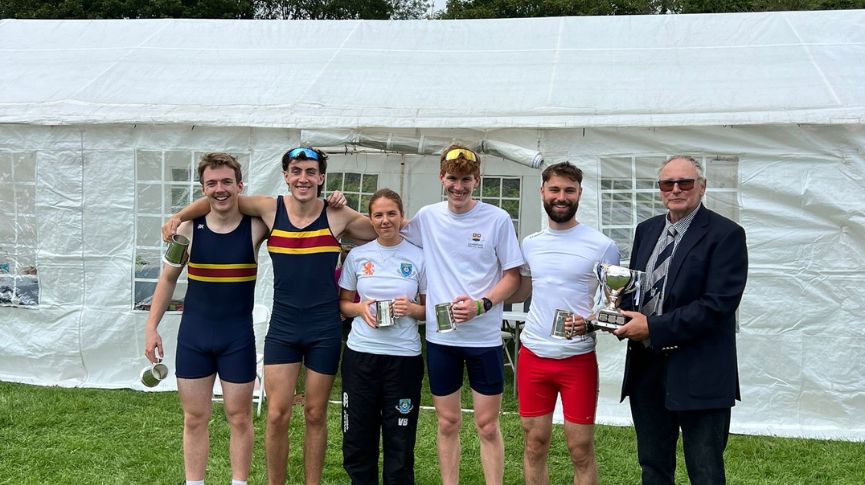
Every rower know the feels and emotions with a 2000m test. It’s a test of the purest form, designed to unravel you and find out what you are truly made of. There’s a reason it’s only done a handful of times throughout the year.
For hundreds of competitors, the British Rowing Indoor Championships will be one of those times. A raw and honest crescendo to the winter training and preparation that has led to that moment.
But what if you had to do it twice in one day?
That’s exactly what Aidan Leverage will be doing in Birmingham. The second-year student at Anglia Ruskin University has been diagnosed with epilepsy and will be competing at BRIC to help raise awareness for the charity Epilepsy Action, and to prove that epilepsy is no barrier to sport or whatever you want to achieve.
Aidan was first introduced to rowing by his dad, who learned to row at Gurton College, Cambridge, on the same stretch of river that his son now trains on. What started as a Learn to Row course at Leicester RC has transformed into a dream that Aidan is now pursuing with vigour. Hailing from Lutterworth, the same town that Olympic champion Lauren Henry is from, Aidan’s ready to head to BRIC under the proud banner of Epilepsy Action.
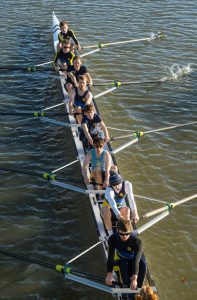 “For a period of time, I was excluded from sports, and there was nothing I could do because I was so young,” explained Aidan.
“For a period of time, I was excluded from sports, and there was nothing I could do because I was so young,” explained Aidan.
“My parents always saw value in sport from a young age and got me into football, which I never really took a liking to. I took a liking to rugby when I was little, but because my epilepsy was so bad when I was a little boy, I was a danger to myself and others on the pitch. I was slowly advised that it was best that I don’t play and just stop sport for a while. I didn’t want to, and I kept turning up, but I wasn’t being played, and wasn’t included in a lot of the activities. I would be told that I can’t do activities and that they aren’t safe for me.
“But then, when I tried rowing, even though having a seizure in a small boat in the middle of a river is pretty dangerous, my epilepsy at the time was pretty well controlled, and it was a risk that we were able to manage. Navigating it has been a tricky path for me and my parents, and I can’t imagine the lengths they went to in order to make sure I was safe at all times. I can say for a fact that I wasn’t worrying about it; it was the last thing I was worrying about.”
For Aidan, rowing has been so much more than just a sport. It’s been a way to connect with like-minded individuals and feel a part of something bigger than himself. For the vast majority of the population, sport, whether participating or watching, is a way to build friendships and bond over shared interests, something he’s not always been able to do.
“It was a real struggle because from a young age, sport is where you meet people, make friends, and you find something in common with people you have never met before. Most of the time, you go to the same school and so you’re meeting and interacting with them day to day, and it’s nice to have something in common. But, I was the kid who couldn’t do what everyone else was doing, so I didn’t have anything to add to the conversation about rugby or this or that game, so it was really tough on me being excluded from sport, but the knock-on effect was on my school social life as well.
“I was excluded from a lot of the social groups in primary school, so I kind of just kept to myself. I found that when I started rowing, if I was being excluded, just going and erging by myself and training created a lot of joy, and it was quite rewarding.
“I quite liked to go and sit on the erg for an hour and a half most days and be by myself with my thoughts. It was very peaceful, but you also got to chat to people about the stuff you are doing on your own and the ergs you do on your own.”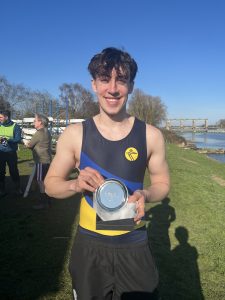
Aidan has his sights firmly set on laying down a score to be proud of in Birmingham. This time last year, his 2000m PB was 7:16. Nowadays, he’s pushing 6:20s. With some testing coming up over the next few days, preparation is going about as well as it can, no doubt thanks to some of his friends who are chipping in suggestions.
“I’ve constructed a full plan where I have to get a certain number of metres in every week. I do light, medium, and heavy loads and make sure they’re balanced and the plan is optimal. I have some of my friends who study Sports Science to have a look from a science perspective.
“I’ve focused on wanting to be pretty good at this sport and give it my best. It’s not worth half arsing it. You have to put your all into it and put everything in if you want to do well.
“I’ve looked back to see where a bad performance would place, and I’d be pretty happy if I place where I think I’m going to place. If I have a good day, the best day ever, then I’ll also be very, very happy. Most mornings, I visualise the time I’m going to go for and I just think about it every morning. What do I need to do to better myself today to get that time?”
For Aidan, the overarching goal is simple: to raise awareness that, regardless of what you may think your limits are, there are no limits. You can do anything with epilepsy.
Having been hospitalised more than 13 times, it’s been a long journey for Aidan to get to this point. He’s visited doctors in Norwich, London, and tried a variety of medications, but most importantly, he’s now found a solution that works for him.
“My message isn’t going to people with epilepsy, it’s to everyone. Push your limits, be the best version of you that you can be. For the parents, looking back on it, I can’t imagine how bad it was worrying about your child, not knowing if they are going to be ok, if they are going to have a seizure during the night. I want to be a case for those parents that do worry to show that there is an upside and things do get better.
“You can achieve things. Lots of doctors said I wouldn’t achieve anything. I was told I would struggle academically and that I may not do anything in sport as I’d struggle there too. I was told it would be best to find an easy sport for me. I’ve rejected those ideas. I’ve chosen to be a high achiever and not be held back by what some doctor is going to tell me.”
Aidan will be racing both the Open U23 2000m and the Open IAR7 2000m at the British Rowing Indoor Championships.
Epilepsy Action is a national charity supporting people with epilepsy across the UK. They provide life-changing support through their helpline, Talk & Support Groups, one-to-one befriending service, as well as campaigning for better healthcare and greater awareness of epilepsy.
The charity’s aim is to create a ‘World Without Limits’ for people with epilepsy. By 2030, Epilepsy Action wants all people with epilepsy in the UK to say their lives have improved, and everyone in the UK to know what epilepsy is and how they can support people living with epilepsy. You can read the full strategy: Without limits – Epilepsy Action.
You can support Aidan’s fundraising efforts here.
The British Rowing Indoor Championships will take place 6-7 December 2025 at the NEC in Birmingham.



